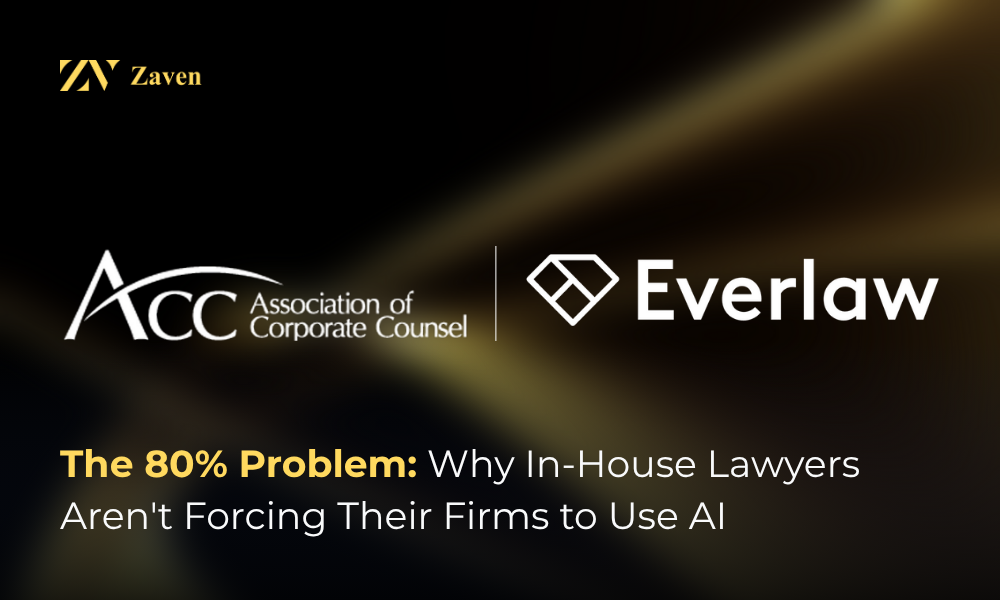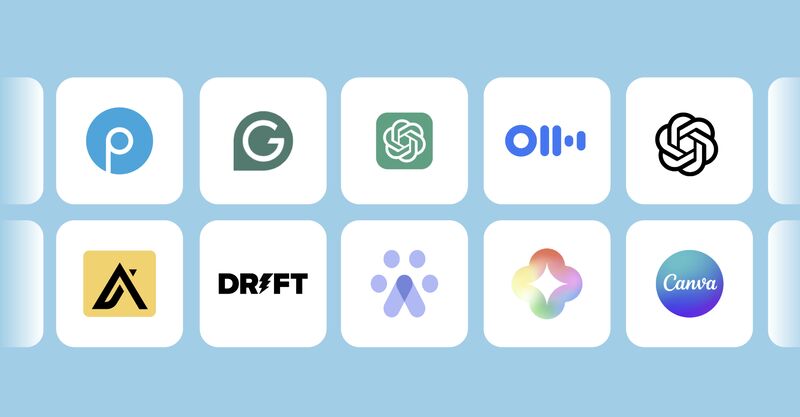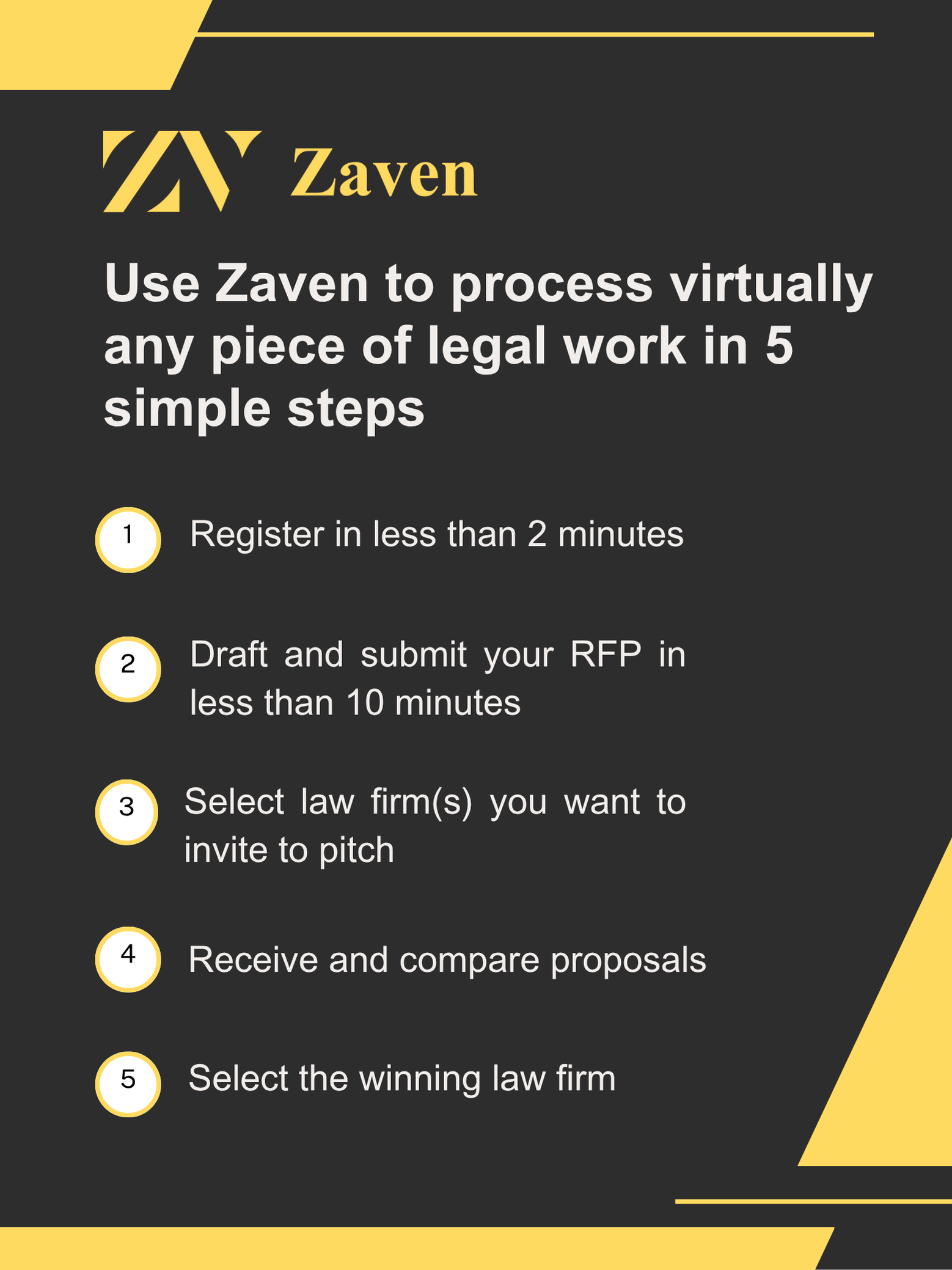Source: Above the Law
On the impact of AI, from the numerous gems of Thompson Reuters excellent report about the future of the professionals, I would higlight the following: “Nearly half (48%) of professionals predicted that lower costs for firms, resulting from AI use, would lead to greater firm profitability” with however ” several factors at play, including the initial investment costs of AI, how much investment cost firms can pass on to clients, where alternative legal service providers (ALSPs) fit into the mix, the proportion of work shifting in-house which will greatly influence external spend, and more.” and the following: “Cost efficiencies gained from AI internallywithin corporations are expected to result more from a greater amount of work moving in-house, rather than from outside firms lowering their fees.
In fact, 60% of respondents indicated that a greater proportion of work will be carried out in-house over the next five years.” All in all, shall we expect law firms to stick to their curent pricing but become more profitable because of lower AI use related cost base ? Is the trade-off for law firms to accept lower volume of (commoditised?) work from clients who will start to handle inhouse AI capable (commoditised?) work to lower legal spend?
This is part of a series detailing Gen AI’s impact on the legal profession from Thomson Reuters. For a further deep dive on Gen AI, download the Future of Professionals Report here.
Artificial intelligence (AI) and generative AI are reshaping the way we work, learn, and create. From automating mundane tasks to generating novel solutions, these technologies are empowering legal professionals across various industries and domains to achieve more with less. But how do professionals perceive the impact of generative AI on the legal industry? What are the opportunities and challenges they face as they adopt these technologies? And what are the skills and strategies they need to thrive in the future of work?
Here are some of the recommendations Thompson Reuters propose based on their survey findings:
- Embrace lifelong learning and upskilling, and seek to develop a combination of technical, cognitive, and social skills that will enable you to work effectively with AI.
- Define the role and scope of AI in your work, and identify the tasks that could, or should be automated, augmented, or delegated to machines and the tasks that require human oversight, judgment, and creativity.
- Consider the ethical, legal, and social implications of AI, and adhere to the principles of responsible and ethical AI, such as fairness, accountability, transparency, and privacy.
Read the full article: https://abovethelaw.com/2024/02/how-ai-is-transforming-the-legal-profession/







